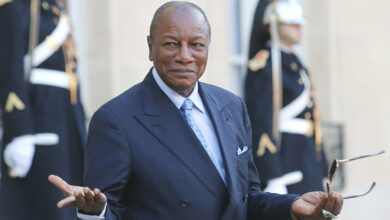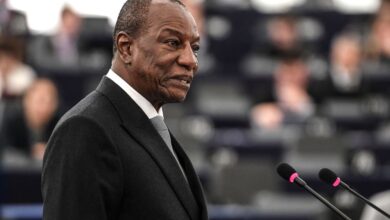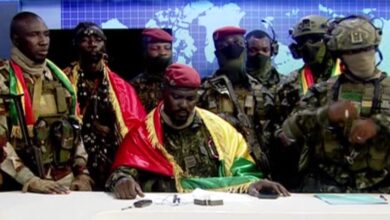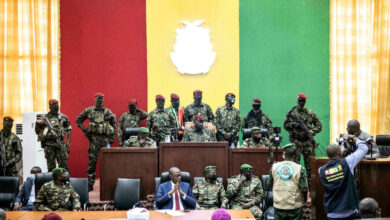Guinea
ECOWAS, UN Raise Concern Over Stalled Democratic Transition Process In Guinea
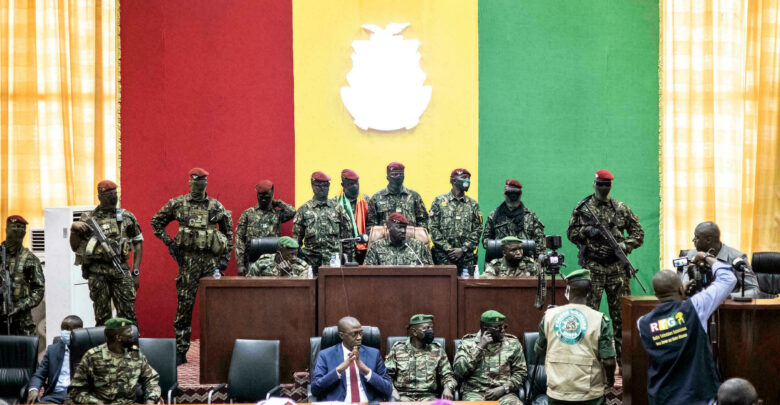
The Economic Community of West African States (ECOWAS) and the United Nations (UN) raised concern on Thursday about the stalling democratic transition in Guinea after a military coup last September, reported CGTN Africa.
Guinea’s military deposed elected president Alpha Conde last year following months of growing discontent. Conde was Guinea’s first democratically elected president and had been in power since 2010. He was deposed on September 5.
Coup leader Colonel Mamady Doumbouya, who was also declared as Guinea’s interim president, has vowed to restore civilian rule and hold free, credible, and transparent elections but has so far refused to announce a date despite international pressure to do so.
In a joint statement released on Thursday, the West African regional bloc ECOWAS and the UN said they were “especially concerned” about the lack of a timetable for returning to democratic rule.
They urged the junta to come up with an acceptable timetable as soon as possible. The call was made following a visit from a joint ECOWAS-UN delegation to Guinea for talks with the junta this week. The joint ECOWAS-UNOWAS delegation reaffirmed the commitment of both organizations to support Guineans in their efforts to restore constitutional order and stability in Guinea.
The ECOWAS had also earlier urged the Guinean military junta to hold elections within six months of taking power.
“The delegation noted the failure to comply with the six-month deadline,” the statement said.
Guinea’s coup has fueled concerns about democratic backsliding across West Africa. It is among one of three countries in the region where the military seized power in the space of just 18 months, along with Mali and Burkina Faso.
The West-African regional bloc has suspended all three countries from the bloc’s activities over the coups.
Earlier this week, an influential Guinean democracy group warned it would organize mass protests unless the junta cedes power swiftly.



